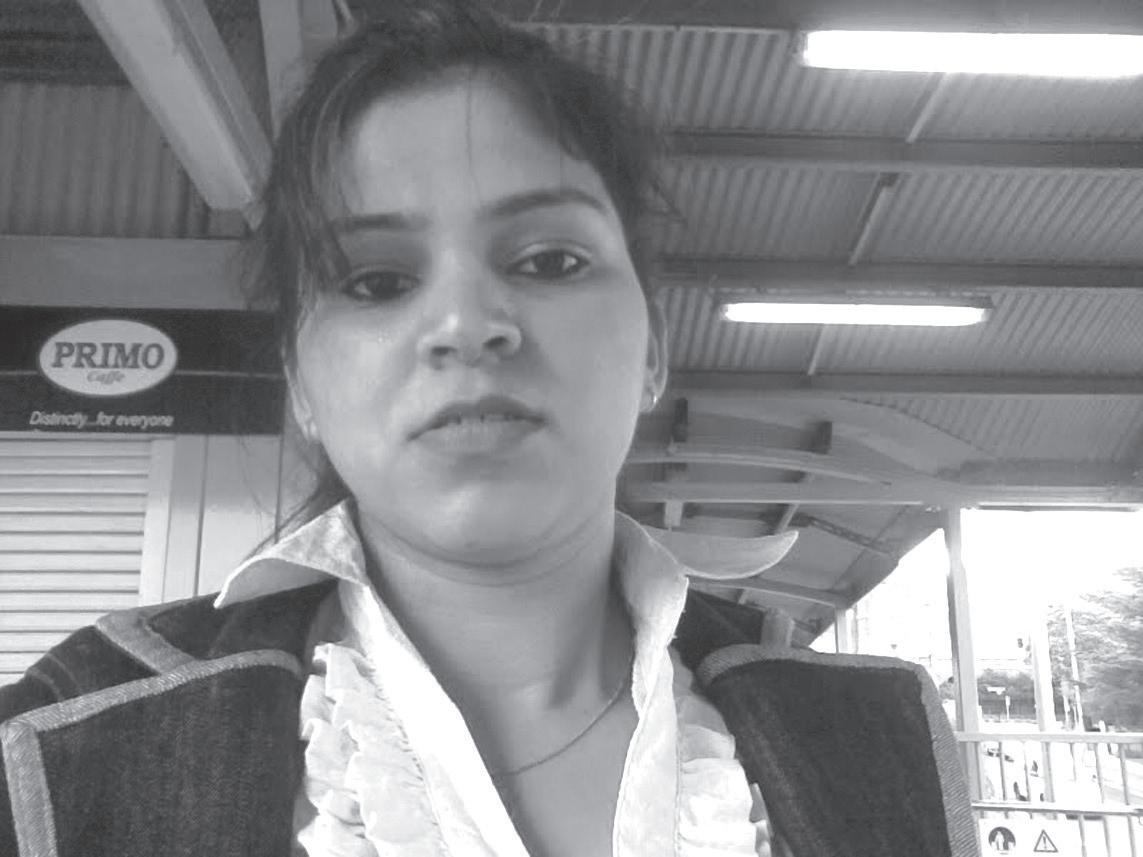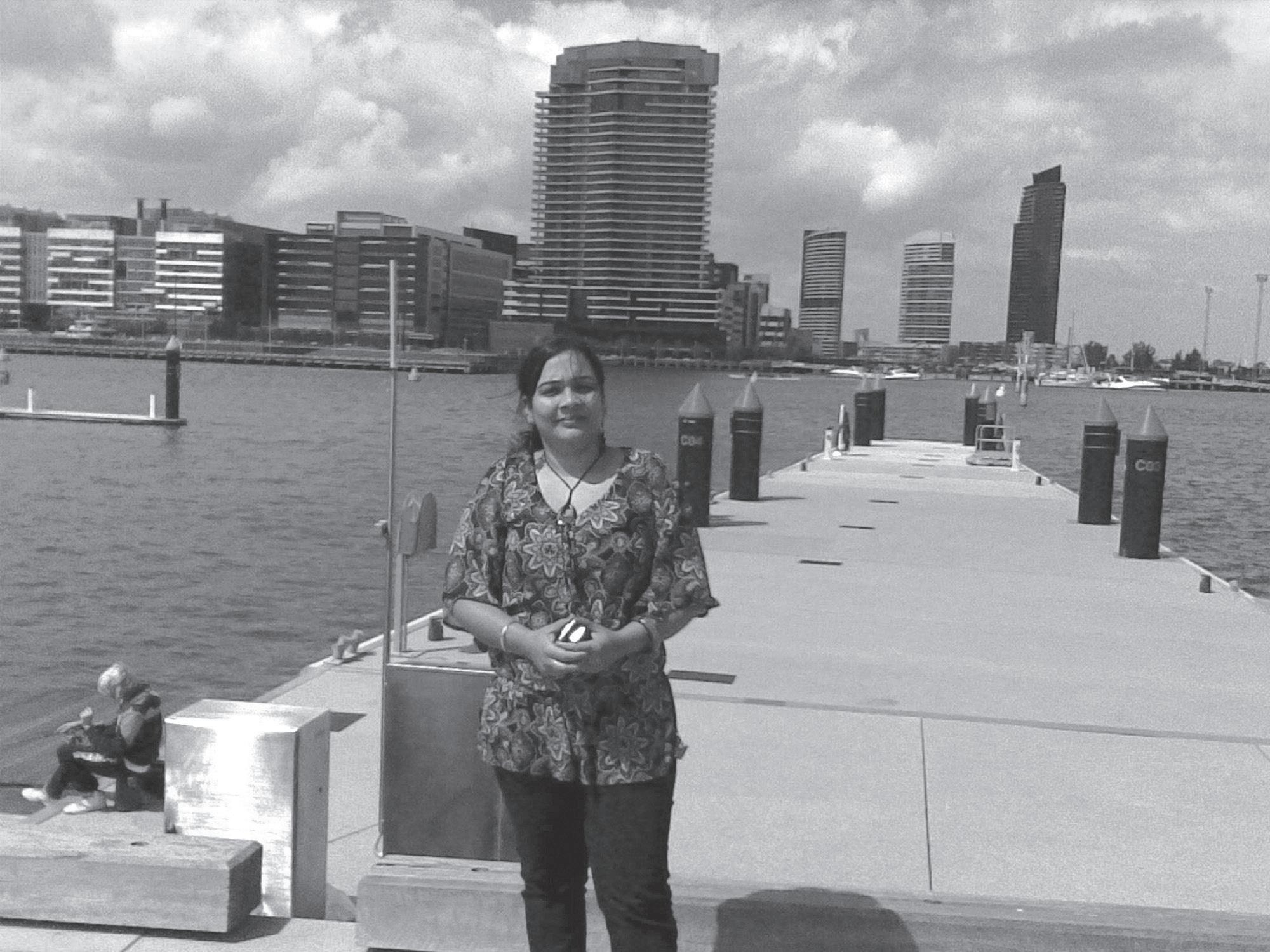
5 minute read
Fate hangs in balance for students
from 2010-02 Melbourne
by Indian Link
Uncertainty looms large for the countless Indian students in Australia waiting anxiously to understand the implications of the new immigration policies, as the Australian government moves to tighten laws. A number of students are now planning on booking their tickets to go back to India, following the February 8 announcement.
The sweeping changes announced by the government have kept many on tenterhooks as they worry if their areas of study will be relevant once the new Skilled Occupation List (SOL) is out in April. A number of students are also concerned how they would face their parents and pay the exorbitant loans they took to study in Australia with the hope of securing the coveted Permanent Residency (PR).
“I have decided to go back to India as my qualifications do not seem to be on the demand list any more. I had applied for a visa extension earlier, which was refused due to some medical problem. I was planning on re-applying but now I don’t see the point anymore,” says Param Veer, a diploma student in cookery from the STI Institute in Paramatta.
“I have spent close to AUD 50, 000 to study here and was sponsored by some relatives. My family was hoping that things will work out for me in Australia and I would settle here once I finish. However, this news has been a big blow to them. I am not sure how I’ll face them once I return. I’ll be financially dependent on them when I go back,” he adds.
“The rules keep changing and it’s extremely hard for us as students to keep tab. I am really concerned if community welfare would be in the new list or if it will be knocked off, like cookery and hair dressing,” says a worried Raveena Garg, a community welfare student at TAFE.
“Many of us work very hard to get local experience so we can qualify for a PR. I have been working as a volunteer and only hope things work out. Right now, no one is in a position to tell us what the new policies will look like. We don’t really know what is in store for us and that is extremely disconcerting,” adds Garg.
Students say that it is not the changing immigration rules that is more upsetting, but the fact that the government had lured students with its immigration policies and was now reversing its stand, leaving many in the lurch.
“I am very disappointed and feel misguided. Many of us are tempted in to studying here and after we spend so much money, they are changing the rules. My course costs nearly AUD 70, 000 and I have completed two years of study already. Now, I am wondering if I should bother paying further fees at all or should I go back,” says Harpreet Singh, a cookery student at Southern Cross.
However, he says that if he cannot apply for a PR in Australia, he would look at Canada as a serious option to study further and apply for residency. He added that a number of his friends, who were planning on studying here this year had now changed their minds and had applied for refunds from institutions.
Roohbir Singh, a hotel management graduate slated to be revealed in April. “If my occupation list is not on the new list that comes out later this year, I won’t be able to get these points towards my PR. I am concerned and will be sorely disappointed if my occupation is not on the list,” says Singh, who is presently on a bridging visa.
Singh believes that the changes are bound to impact students currently studying and set to finish soon. “Logically the changes make a lot of sense as a lot of people were abusing the system and thousands of students were encouraged to study community welfare or commercial cookery courses. The Australian government is only trying to look at the best interests of the country and the skills it requires by making these changes to its immigration policy,” he says, conceding that they have been long overdue and the government had chosen to take its own time to look at the malaise affecting the education sector. However, he is confident he will be eligible for a PR based on the old list.
Another Indian student who does not want to be named, says that the changes are worrying and he is planning on seeking professional advice. “I do not know what this would mean to me. I plan to meet with a lawyer soon to seek some clarifications and take professional advice”.
Yet another concerned student Pawandeep Kaur reveals, “I just paid my fees for this semester. My course was supposed to end this July. I had finished my planning. I have no options now but to either go back to India or pursue another course”.
“However what is the guarantee that the rules won’t change,” asks Pawandeep, who has completed a year and a half of a diploma course in hairdressing at the CBD College. She adds that her friends pursuing similar courses are facing the same predicament.
The students believe that the recent attacks and
“The policy changes may be partially influenced by the recent attacks and the media hype created in India,” says Pooja Kohli, who recently completed her Masters in Community Development. “Education agents in India aggressively promote Australia as an education destination and sometimes paint a rosy picture of how life is,” says Kohli, who plans to work in India soon.

Ruchir Punjabi, a former student of Sydney University and Managing Director of Langoor Pty Ltd, observes, “I am sure that the recent issues for students has a lot to do with the current overhaul. The education side of things are receiving substantial reviews, which is certainly a good thing. Whether migration should be linked to education is really a long-term policy issue that the government needs to think through properly. Either ways they are going to have to ensure that all such systems are well integrated to protect the interests of students and that of the country.”
“In my opinion it would be wrong to think that the students, using education as a pretext to migrate are at fault, when the system is built around supporting the same. Consequently, less students who are interested in migrating to Australia can be a good thing and a bad thing. It really just comes down to what Australia wants with regard to skills, to fill the holes in the country’s workforce,” adds Punjabi, who is based in Sydney.
He also notes, “Indian and international students will have to adjust. A lot of them who came here with expectations to migrate will seek other ways to do the same. Others who came here to just study will, I suppose, be indifferent.”
While the decision may have dealt a blow to several Indian students, many say they would like to go back to India and work and are not impacted by any immigration changes. “I would like to work in India as it offers great exposure. I am here for the quality education and work experience,” says Mihir Mathure, a student at Sydney University.










